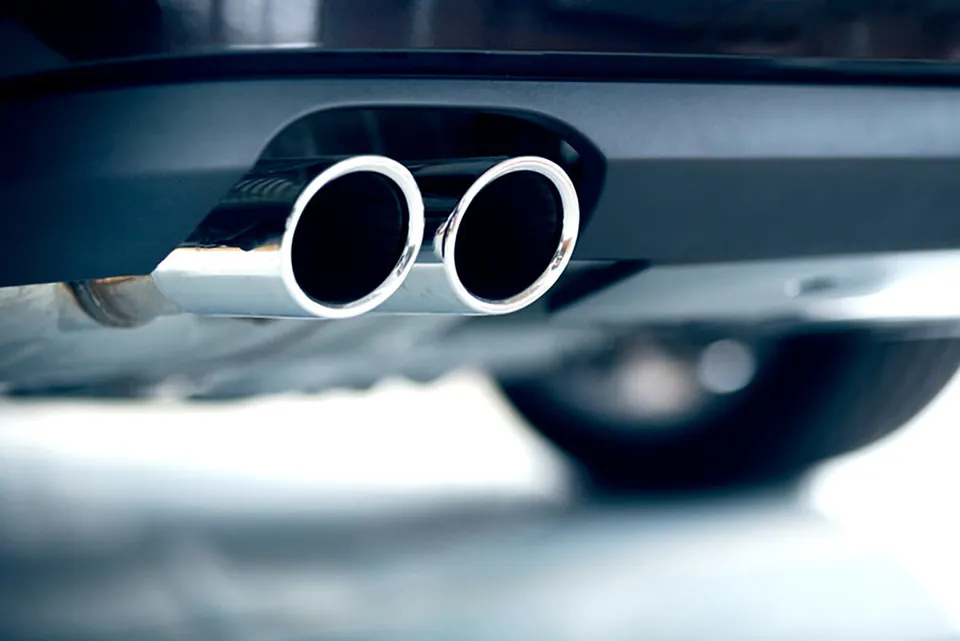The Committee for Climate Change, which advises the Government on emissions targets, Transport for London (TfL) and Shell have expressed their support for the early introduction of zero emission vehicles.
The Government published its Road to Zero strategy today, but speaking at a conference in London last week, Julia King, Baronness Brown of Cambridge, vice chair of the Committee on Climate Change, accused the Government of being a ‘laggard’ in its approach to zero emission vehicles.
King described Road to Zero as putting in place, “not quite a commitment” that there will be no conventionally fuelled light duty vehicles sold in this country in 2040.
“Our target at the Committee on Climate Change is actually tougher than that – we need 60% of our cars and vans to be electric or hybrid by 2030. And we would like to see a minimum electric range introduced by 2035 to make sure we at least cover people’s average daily travel,” she said.
Michael Hurwitz, director of transport innovation at TfL, said the mayor of London, Sadiq Khan, is, “keen to bring forward a ban on petrol and diesel vehicles.”
Hurwitz emphasised the capital’s tightening emission regime, which will expand to include the north and south circular roads by 2021.
“The vision of healthy streets drives all of our decision making and all of our planning right now. We are tightening the emissions regime and incentives in London to encourage the shifts we want to see,” said Hurwitz.
“The mayor, with a number of other city leaders, is keen to push that deadline forward. We believe that there is a genuine value in setting a stretching target that gives a firm signal to the market. We have an air quality issue and we want to solve it as quickly as possible.”
This approach drew support from an unlikely source, when Ben van Beurden, chief executive officer of Shell, said he, too, would like a ban on petrol and diesel, “because it provides a clear signal that will enable investment and help move consumer attitudes”.
He continued: “I hope the UK is about to give more direction, with Defra looking at air quality, the Department for Transport due to publish its Road to Zero strategy and the Treasury looking at fuel duty.”
He said the UK has about 45,000 pure-electric cars on the road today, out of a total fleet of 31 million cars.
“That is a tiny proportion. The market needs help. The market needs clear signals,” said Beurden.
His preferred solution would be government-led pricing mechanisms that push businesses and private consumers towards lower carbon choices, kick-starting a virtuous circle where cleaner technologies can be produced on ever-increasing scale, delivering “lower costs for batteries and fuel cells, charging and refuelling points, for low-carbon solutions covering buses and trucks, cars and vans.”
Shell already owns the power company, First Utility, and the EV charging network NewMotion, investments that mark its intention to transform from an oil and gas firm to an energy supplier, although van Beurden does not see electric as the sole solution for cleaner transport.
“Battery electric vehicles are excellent for personal travel covering relatively short distances, including so-called last mile delivery services,” he said.
“But we need other solutions, too. We also need hydrogen, liquefied natural gas, biofuel. And we also need to further improve the internal combustion engine. It will be around for a long time to come.”

















Login to comment
Comments
No comments have been made yet.